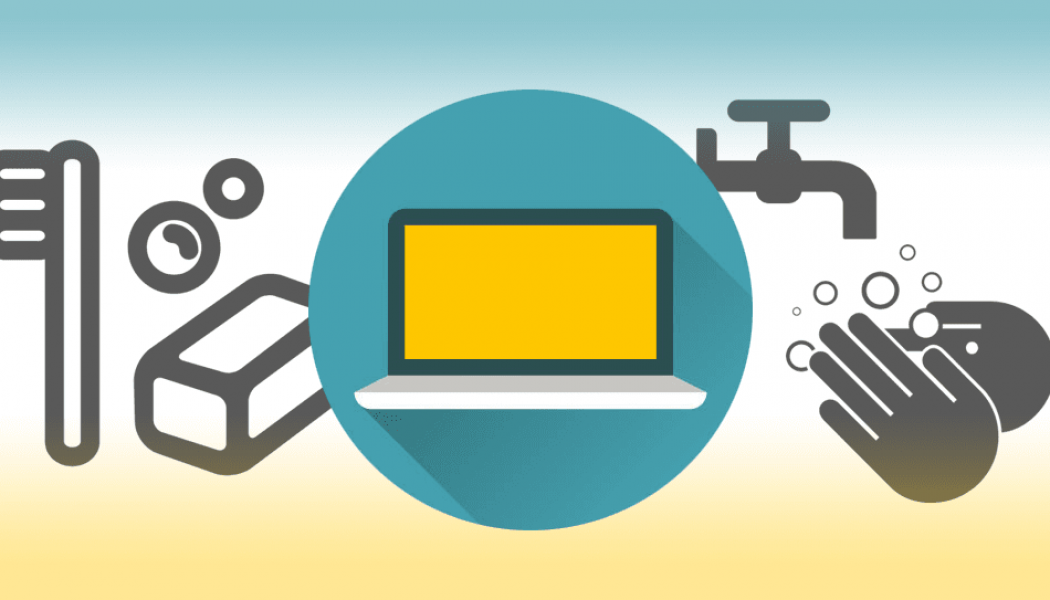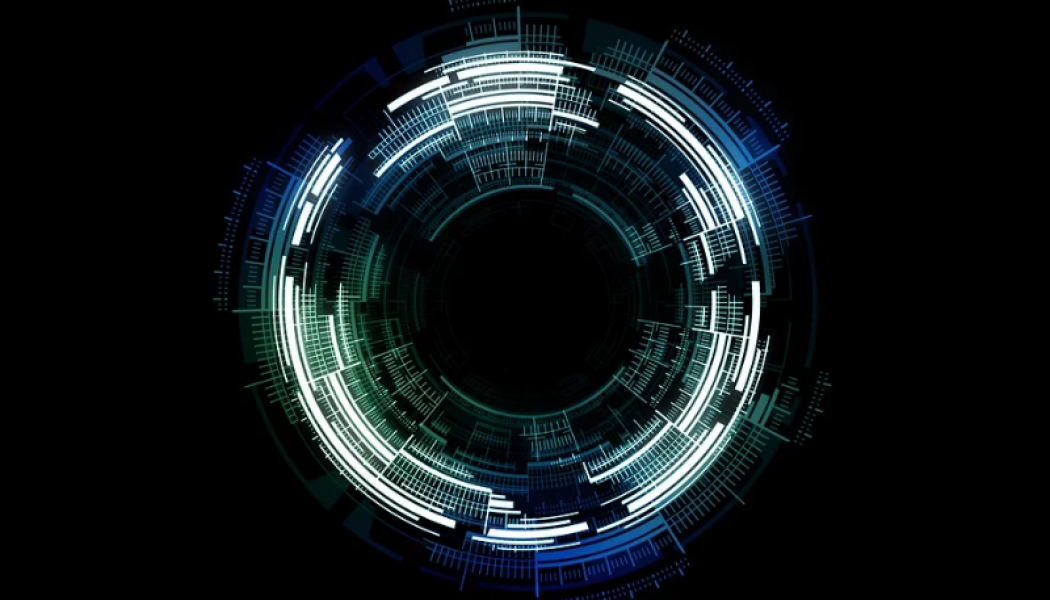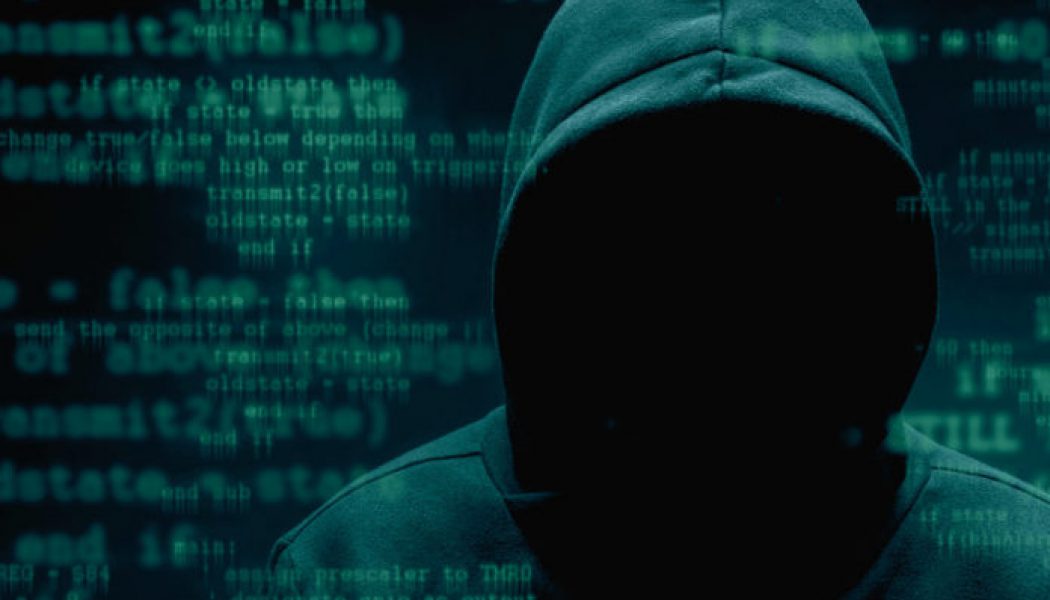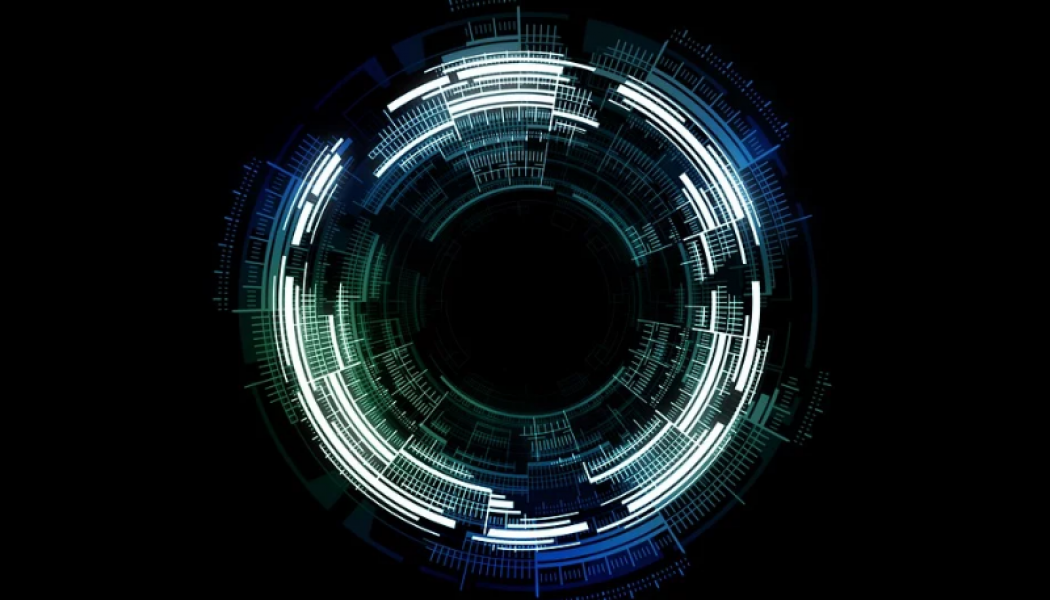African Cybersecurity
Cyber Hygiene for System Health and Online Security
Organisations in the COVID-19 pandemic era have been forced to look at their security hygiene best practices in order to minimise risk, data leakage and non-compliance, while still allowing for operational flexibility and efficiency. Employees have increasingly been both allowed and encouraged to use their own devices to remotely connect to the corporate network. As a result, connectivity and digital resources at the office as well as the home have become more intertwined, meaning that minimising risk has become more critical than ever. Cyber hygiene refers to the practices and steps that companies need to take to maintain system health and improve online security. In my opinion, cyber hygiene has not changed significantly over the past year or two, but has just become more relevant to ap...
It’s not just Technology that Secures an Organisation – it’s also People
The 2020 Security Culture Report collected data from more than 120,000 employees across 24 countries to find out exactly how deeply security was embedded in the company culture. Or not. South Africa, Kenya, Botswana, Namibia, Zimbabwe, USA, UK, New Zealand, Norway and India were some of the countries included in the survey. The industries included Banking, Financial Services, Insurance, Education, Transport, and Energy and Utilities. The overall security culture scores were measured across seven dimensions that included Attitudes, Behaviours, Cognition, Communication, Compliance, Norms and Responsibilities. These were then further analysed against country and industry sector to provide a holistic global security overview. The results? Not what you might expect. “Asia has the highest securi...
Why Organisations Need to Strengthen their Cyber Defences
At the start of 2020, very few people would have predicted the events that unfolded. The COVID-19 global pandemic caused unprecedented changes to all of our lives and has reshaped our entire working culture. From the accelerated pace of digital transformation and move to the cloud to the increased use of collaboration tools, cybercriminals looked to take advantage of these rapid and widespread changes for their own purposes. This week, Experian – a consumer credit reporting company, says it has experienced a breach of data which has exposed some personal information of as many as 24 million South Africans, and 793, 749 business entities, to a suspected fraudster. This is one of the many criminal cyber-attacks, exploiting the COVID-19 pandemic to target organizations and individuals across ...
Inadequate Investment in Cybersecurity is Behind Increase in Cyber Attacks
Following on this week’s Life Healthcare cyberattack, the issue of cybersecurity has once again been brought to the fore as businesses and individuals are forced to evaluate whether measures in place are strong enough to withstand major breaches in their security. Life Healthcare is the third major South African company that has been targeted by hackers this year. In February, Nedbank warned that the information of about 1.7 million clients was potentially affected by a data breach, and the following month chemicals and fertiliser maker Omnia Holdings said it’s IT infrastructure was subject to a cyberattack. Amongst the other big businesses that have been targeted in South Africa are Johannesburg City Council, Capitec Bank and Telkom. The trend is also true for the rest of the continent. I...
- 1
- 2









